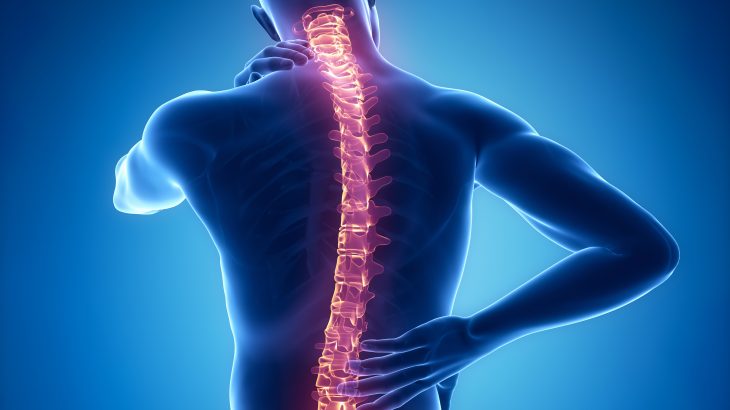Over 70% of Nigerians requiring neurological emergency attention unable to access treatment— Experts
Some medical experts have said that more than 70% of Nigerians requiring neurological emergency attention were unable to access treatment due to a multitude of challenges. They made the call yesterday in Abuja during a news briefing organized by Brain and Spine Foundation Africa. It was themed ‘The state of neurological emergencies and health care […]

Some medical experts have said that more than 70% of Nigerians requiring neurological emergency attention were unable to access treatment due to a multitude of challenges.
They made the call yesterday in Abuja during a news briefing organized by
Brain and Spine Foundation Africa. It was themed ‘The state of neurological emergencies and health care in Nigeria.’
The medical experts called on the federal government to prioritize and address the rising cases of neurological emergencies in the country.
Students, parents kick as Bauchi federal varsity introduces drug test
‘Phone snatcher’ cuts off teenager’s fingers in Abuja
Founder and Executive Director of Brain and Spine Foundation Africa, Engineer. Chika Okwuolisa, said neurological emergencies were life-threatening central nervous system conditions, that affect both children and adults.
She said the challenges Include lack of information and adequate knowledge about neurological conditions, financial constraints, and shortage of neurological professionals.
Okwuolisa said there is need for substantial investments in educating the public on preventive measures, adding that this proactive approach is crucial in curbing the rising crises.
She said, “Timely diagnosis and treatment are imperative, and public education serves as a vital tool in ensuring prevention, early recognition and intervention.”
She said that swift and appropriate intervention could be the difference between life and death, as well as between full recovery and a lifetime of disability.
She also said there was critical need for enhanced medical emergency rescue services.
“While we commend the Federal Road Safety Corp and other Emergency and Ambulance Service organizations for the amazing work they are doing, we must address the shortcomings in our emergency and ambulance response system, ensuring that every ambulance is indeed genuinely-equipped and staffed to provide effective aid during critical moments, and for life-saving interventions,” she added.
Okwuolisa called on government, and philanthropists to collaborate with the foundation to bridge the gaps in neurological healthcare, adding, “The exorbitant costs entailed in the diagnosis, treatment, management, and rehabilitation of individuals grappling with neurological conditions have always been a daunting barrier for many, presently, it’s a crisis!.”
She called on the government to allocate significant resources to neurological healthcare, and prioritize prevention by
allocating funding for advocacy for entire citizens
development of pre-hospital care centres, including a coordinated call centre to facilitate timely care for acute and emergency neuro-patients, as well as other individuals experiencing emergencies such as a heart attack.
She said, “The establishment of an endowment Brain and Spinal Cord Injury Trust Fund;
Continuous multi-disciplinary training and capacity building for healthcare staff in both Accident and Emergency, and Intensive Care Unit (ICU);
Collaboration with non-profit organizations like the Brain and Spine Foundation Africa is essential for raising awareness and providing support.”
Douglas Emeka Oka, a neurosurgeon and a Nigeria Health Sector Reform Advocate , said it important for government at all levels to “ think right, act right and spend right for health care in Nigeria.”
He said massive poverty and illiteracy were the two key risk factors for head injuries and spine injuries in the country.
The chairman of the Nigeria medical Association (NMA) Federal Capital Territory ( FCT) chapter, Dr Charles Ugwanyi said there are no CT scans, a critical equipment for diagnosis of neurological conditions in all the 14 district hospitals in the FCT.
He called on government at all levels of care to allocate adequate resources to health to ensure optical care for the populace.
Representative of the United States Decade on Injury Prevention in Nigeria, Dr Yusuf Subaru said addressing the human factor in road crashes would go along way in reducing neurological problems.
He said there was currently poor efforts in post crash rescue because the timing for rescue is too long compared to the life span for survival.
